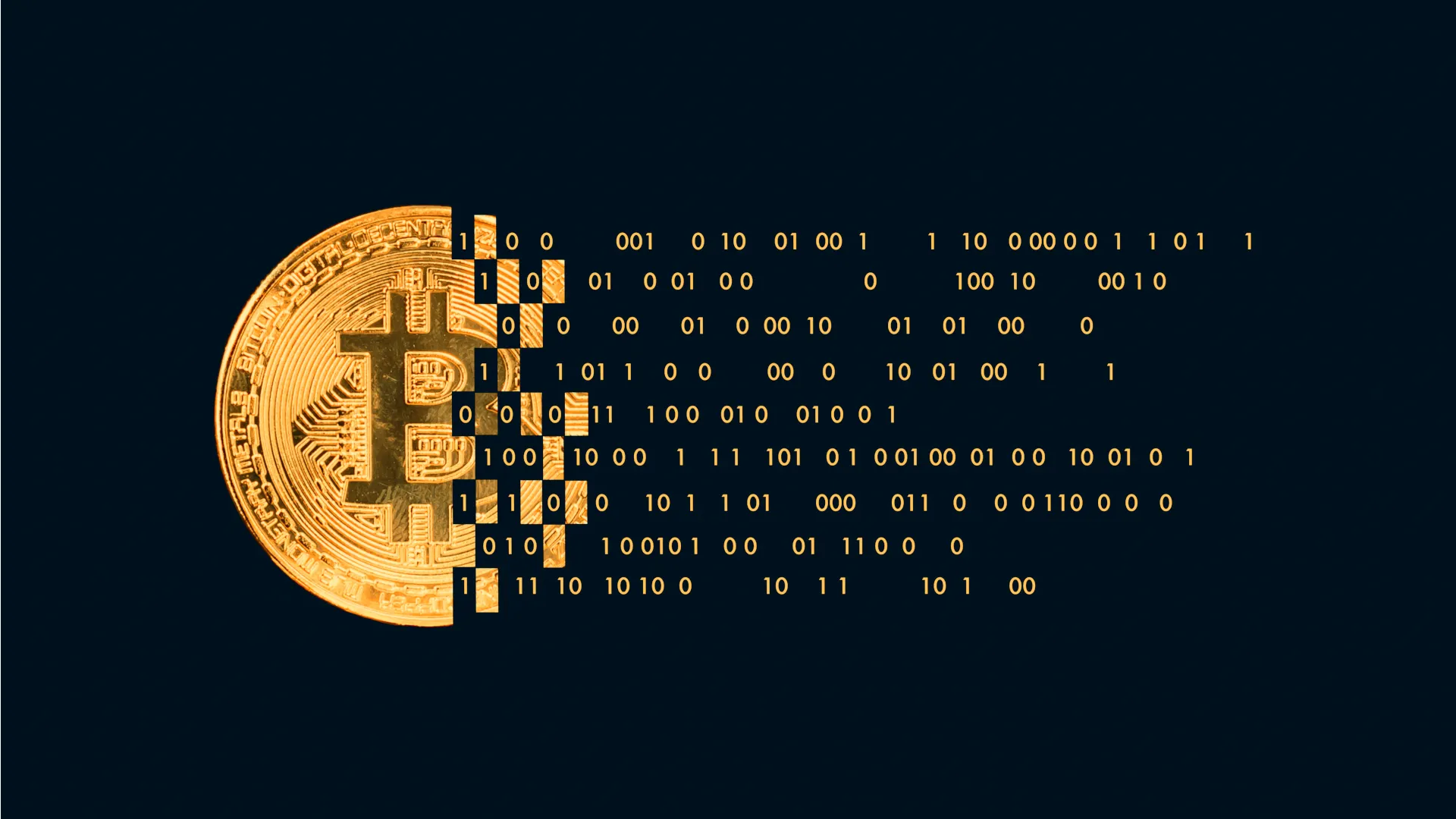The U.S. Treasury Department announced Thursday that it seeks to issue a blanket designation that all cryptocurrency “mixers,” which allow crypto users to make on-chain transactions anonymously, be considered money-laundering hubs that threaten America’s national security.
The proposed rule, if adopted, would require financial institutions to report any information about any financial transaction that it knows or would have reason to suspect involved crypto coin mixers operating either within or outside of the United States. The policy now opens to a 90 day period for public comment.
The proposal constitutes a marked escalation in the U.S. government’s attitude towards so-called crypto mixers. Last year, the Treasury Department sanctioned Tornado Cash, one such mixer that let users make private transactions on the Ethereum network.
At the time, Treasury officials cited the platform’s use by enemies of the U.S. government including Lazarus Group, a North Korean state-sponsored hacking group, to justify the blacklisting. But Thursday’s reported announcement would appear to automatically deem any international cryptocurrency mixer a national security risk, regardless of the context of its usage history.
The decision appears all but certainly linked to the ongoing crisis in Israel and Palestine, where a deadly assault by the militant group Hamas on southern Israel earlier this month led the Israeli government to bombard the Palestinian territory of the Gaza Strip with thousands of bombs, triggering a humanitarian crisis.
In recent days, numerous American lawmakers have linked the escalating situation to the proliferation of cryptocurrency, arguing that Hamas could not have funded its attacks on Israel without crypto.
In following that narrative, a Treasury Department official explicitly connected recent events in the Middle East to the Treasury’s decision Thursday to ratchet up its policy on cryptocurrency mixers.
“Today’s action underscores Treasury’s commitment to combating the exploitation of convertible virtual currency mixing by a broad range of illicit actors, including state-affiliated cyber actors, cyber criminals, and terrorist groups,” Wally Adeyemo, deputy Treasury secretary, said in a statement. “More broadly, the Treasury Department is aggressively combating illicit use of all aspects of the CVC ecosystem by terrorist groups, including Hamas and Palestinian Islamic Jihad.”
Many in the crypto industry do not see such censorship as warranted, however. When the Treasury announced sanctions against Tornado Cash last fall, industry leaders, up in arms, decried the move as an illegal and existential threat to user privacy. Several major crypto companies, including the crypto exchange Coinbase, supported a lawsuit over the ban, but that challenge was defeated in federal court in August.
This week, analysts and crypto industry leaders began pushing back against a growing narrative in Washington that crypto was disproportionately responsible for the growing crisis in Israel and Palestine, or that the novel technology poses greater threats to safety than other forms of banking.
“The situation I do think has been used opportunistically in ways that I’ve found quite distasteful,” Sheila Warren, CEO of industry lobbying group the Crypto Council for Innovation, previously told Decrypt. “I know some of these folks know better.”
Edited by Andrew Hayward

